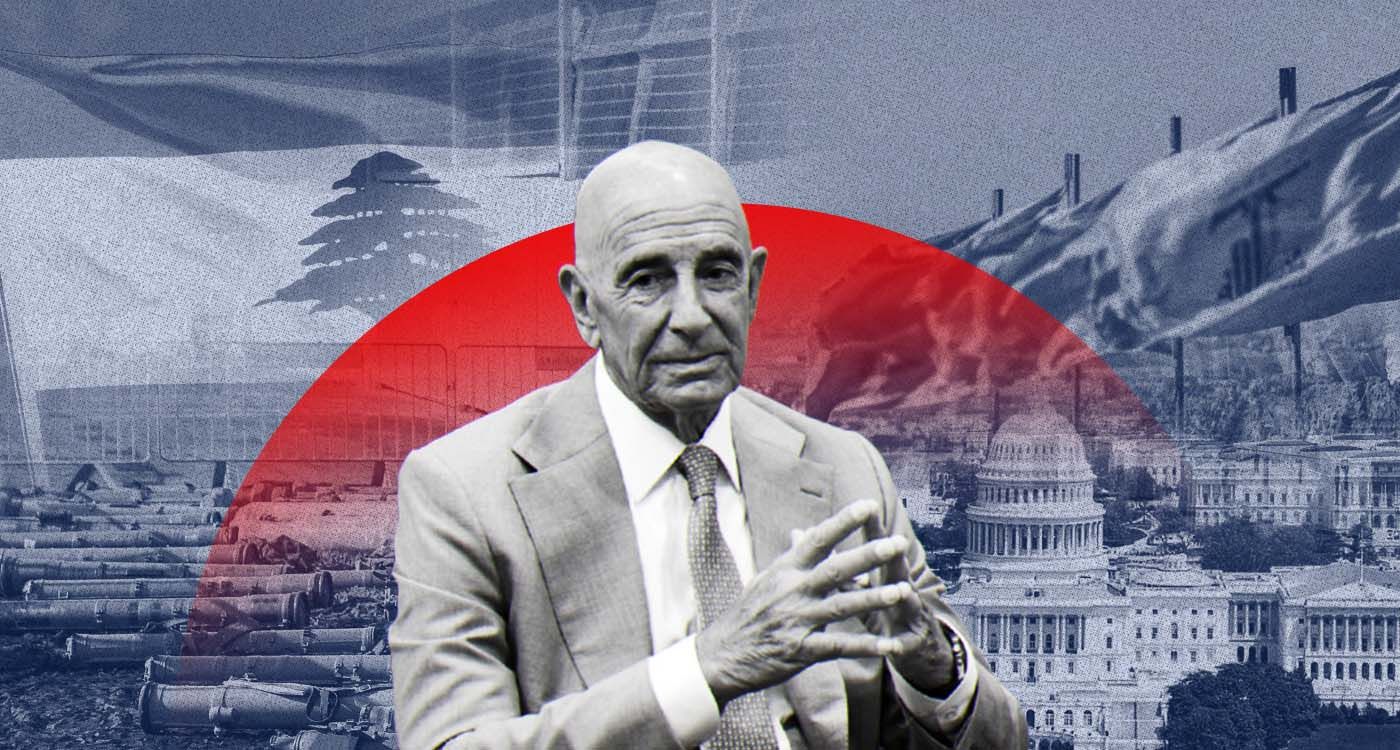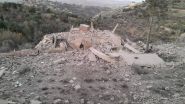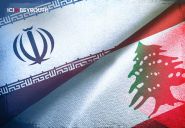
Tom Barrack’s third visit to Lebanon warrants a careful reading between the lines—coming, as it does, after Beirut conveyed its message to Washington and received a US response.
On his first trip, the US emissary was notably diplomatic and optimistic, speaking at length about Lebanon’s prospects. But that optimism was tempered by a few verbal missteps that stirred historical debates and revived lingering tensions around the concept of Greater Syria.
Perhaps the most significant statement Barrack made during his previous visit was that Hezbollah is part of Lebanon’s political fabric and that the issue of its weapons is an internal matter—one that should prompt dialogue within the country to find a solution.
But between the first and second visit, Barrack—like many in Lebanon—was taken aback by Hezbollah’s more confrontational tone. Its Deputy Secretary-General, Naim Qassem, doubled down on the weapons issue, firmly rejecting any notion of surrendering the group’s arsenal. Hezbollah went further still, unleashing some of its more extreme voices—among them a cleric who openly called for the killing of those advocating disarmament.
Hezbollah has now drawn a clear line around any talks on its weapons, shifting the focus to what political returns might come in exchange for disarmament—should that ever be on the table.
Two weeks later, Barrack returned to find that little had changed—in fact, things had deteriorated. Lebanon appeared increasingly complacent in addressing the diplomatic and military crisis it has been grappling with since the last war with Hezbollah.
The key message Barrack delivered on his second visit was blunt: Washington has no intention of opening any channel of dialogue with Hezbollah, which it classifies as a terrorist organization. As Barrack puts it, the United States does not negotiate with terrorists.
This stern message from a US official appears to be a direct response to Hezbollah’s recent string of threats. Against this backdrop, Barrack—and Washington behind him—makes it clear that dialogue is off the table, and Lebanon can no longer afford any slackening amid a shrinking window of opportunity.
The presence of Hezbollah-affiliated ministers within the Lebanese government only raises the stakes. The warning is clear: continuing down this path risks Lebanon’s official institutions being seen, at least in part, as linked to a terrorist organization at any given time.
The visit may not have altered political or diplomatic priorities, but the unfortunate reality is that Lebanon’s official institutions are now squarely in the crosshairs of both virtual—and, God forbid, real—conflicts. From the Israeli and American standpoint, the weapons issue is non-negotiable and must be resolved—by whatever means necessary.



Comments